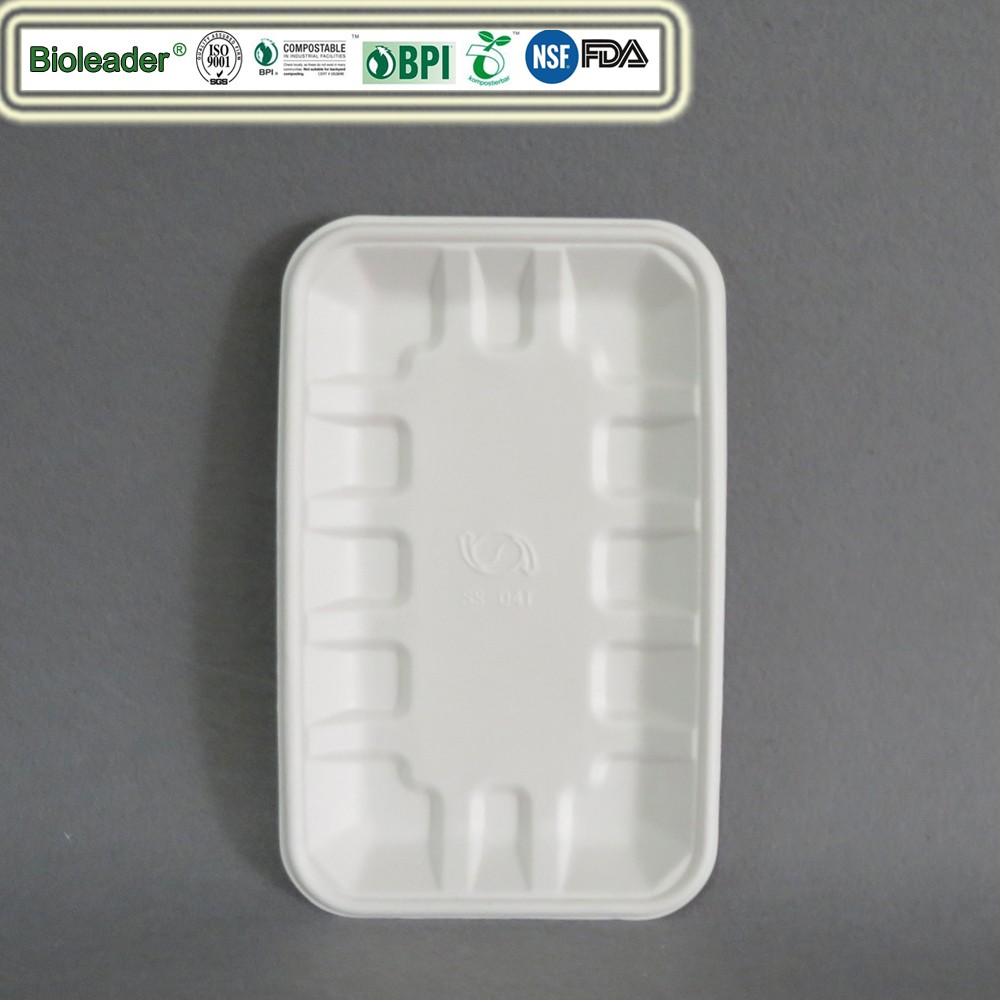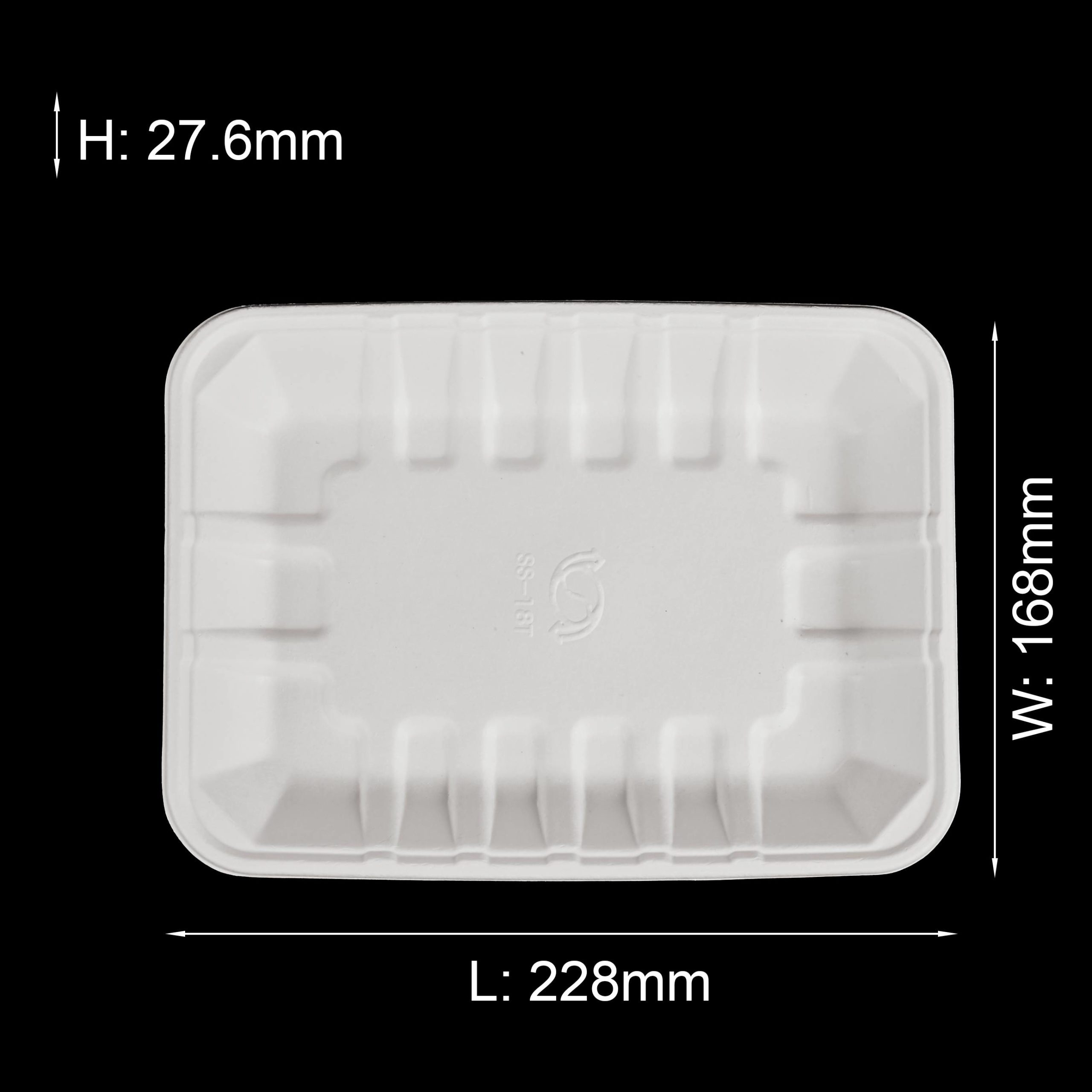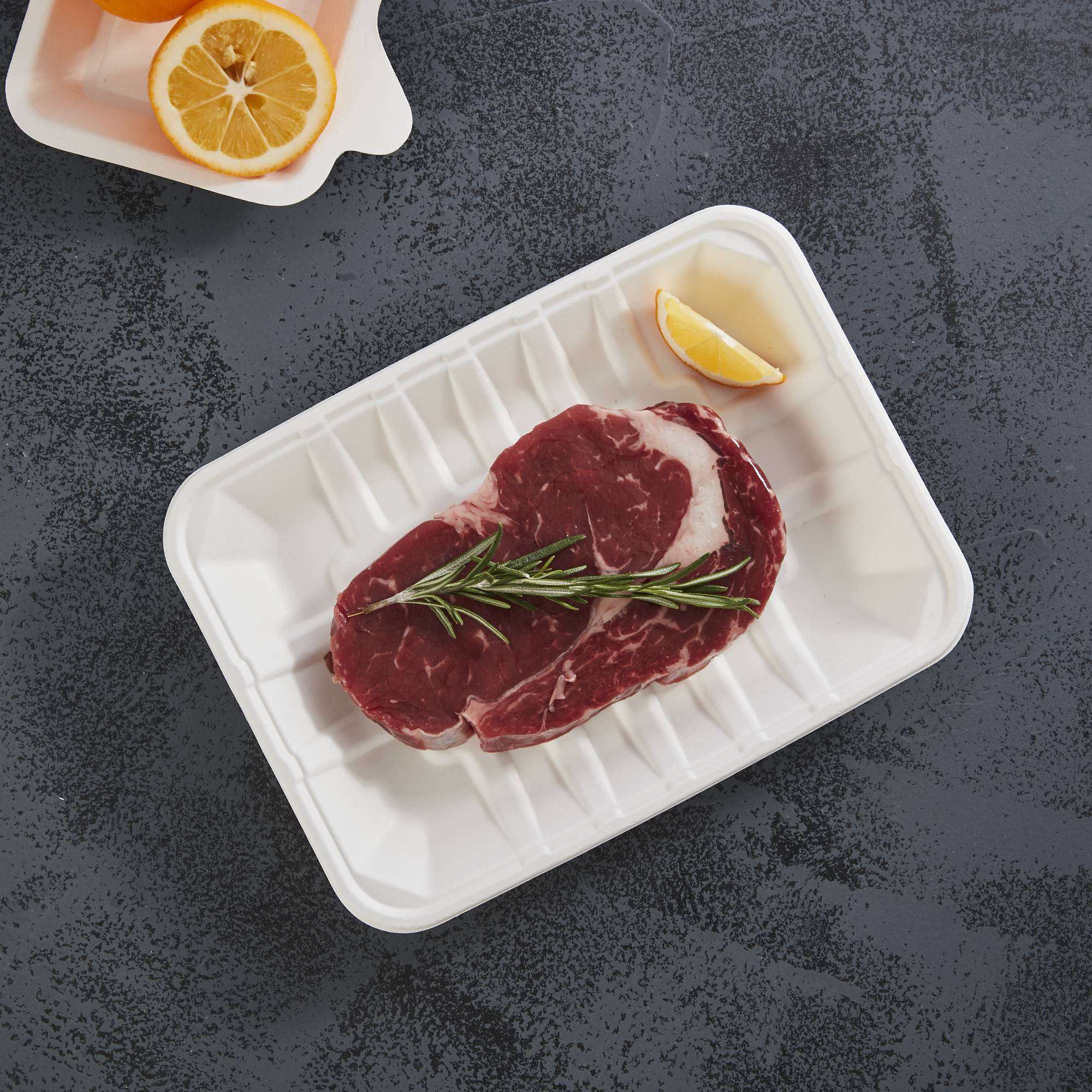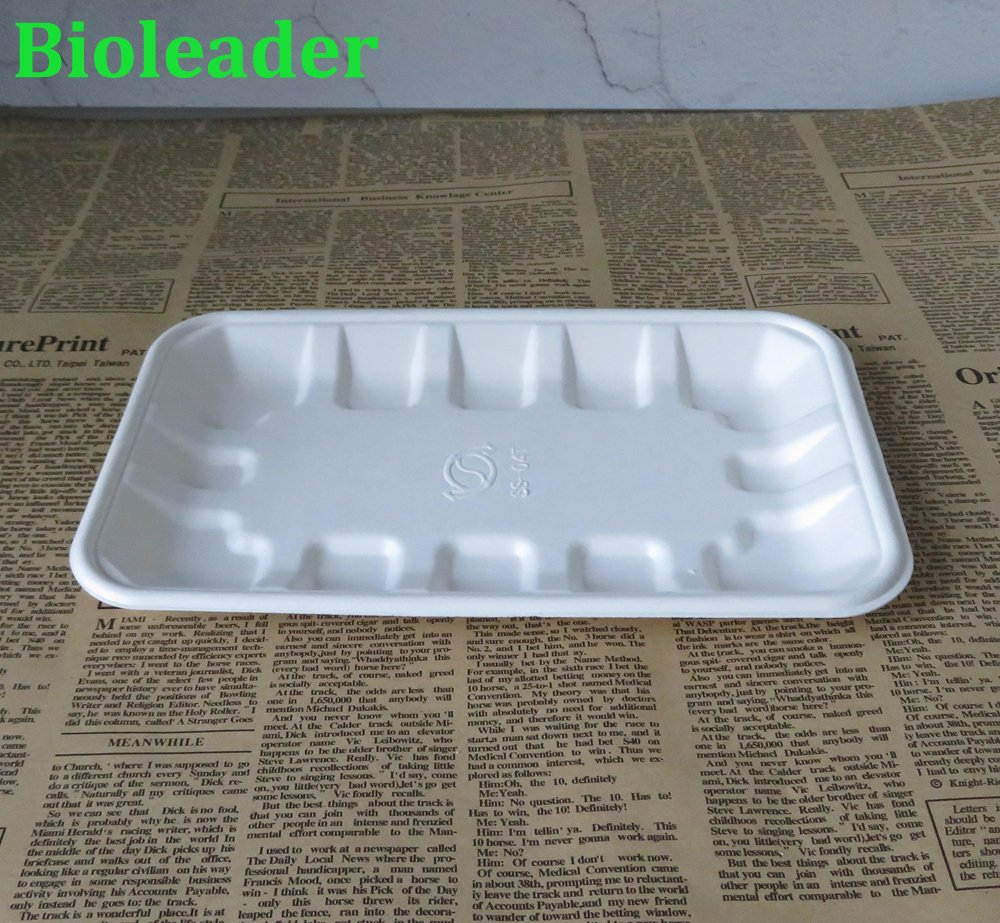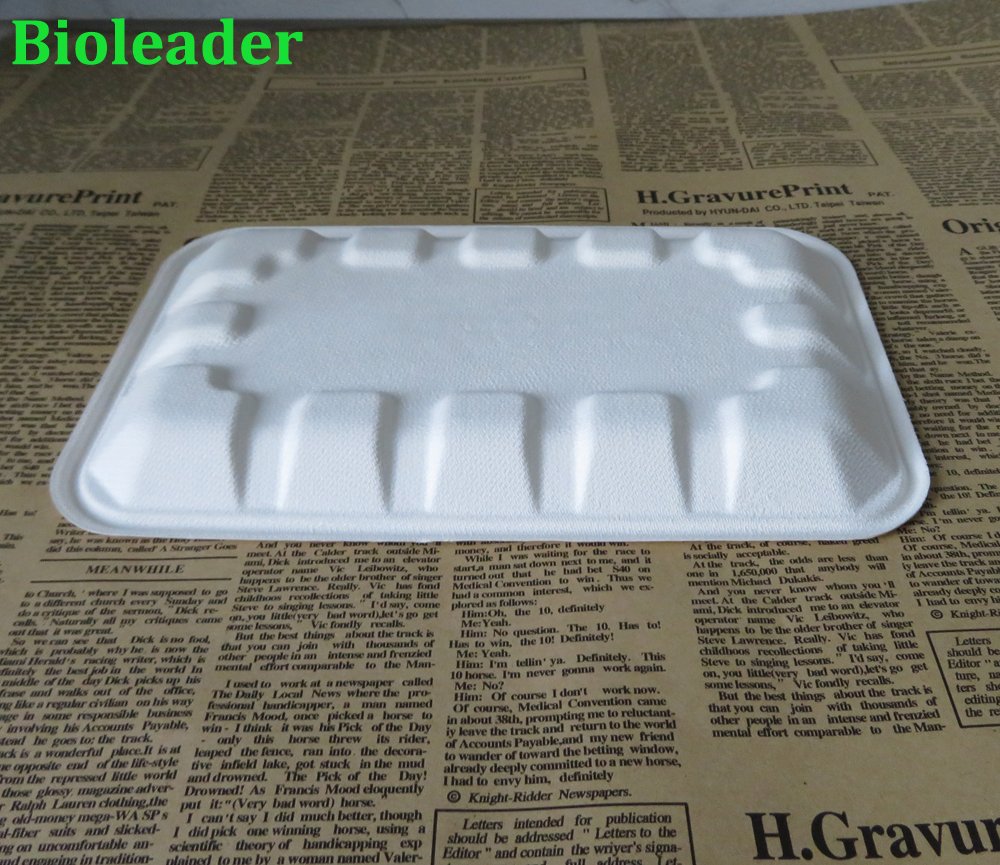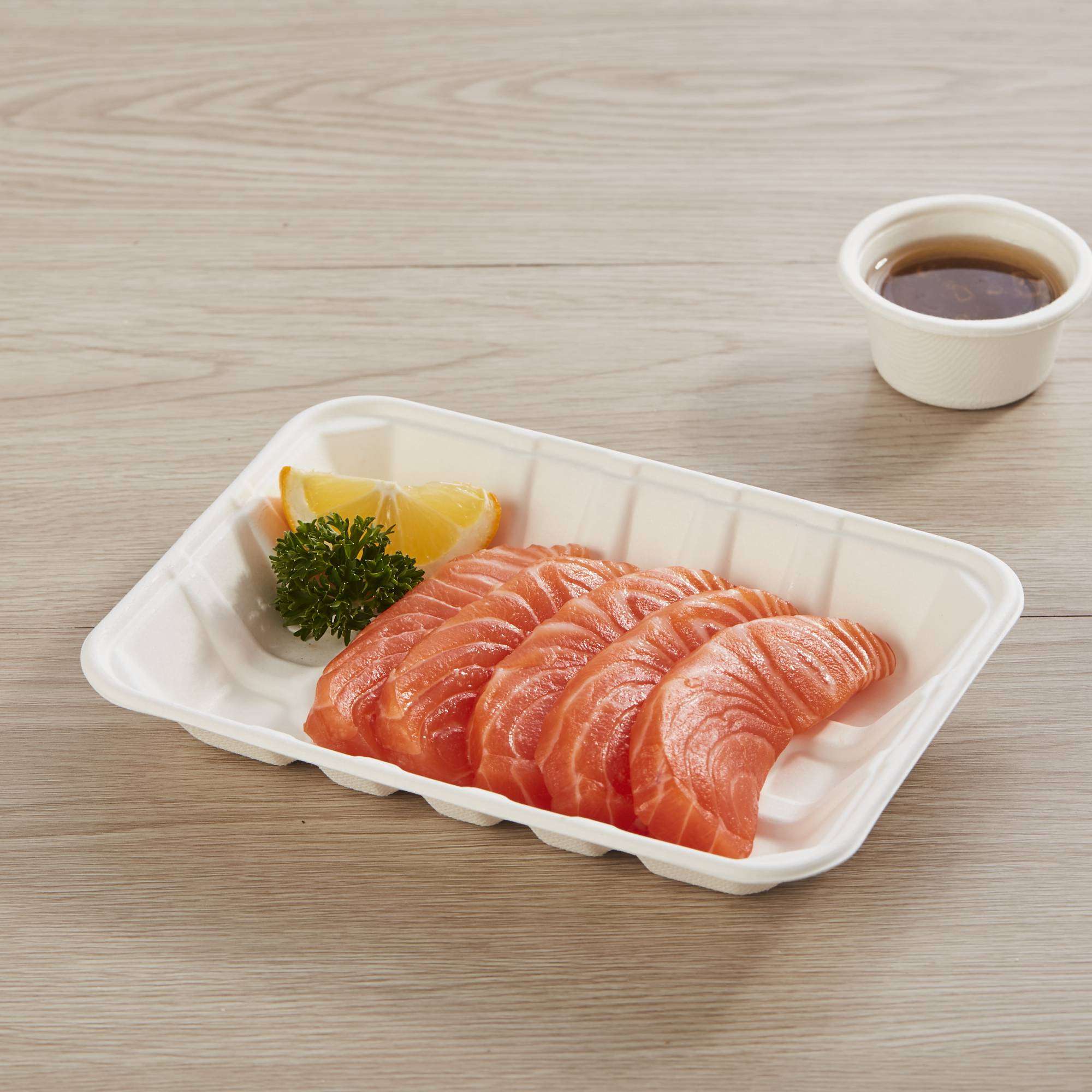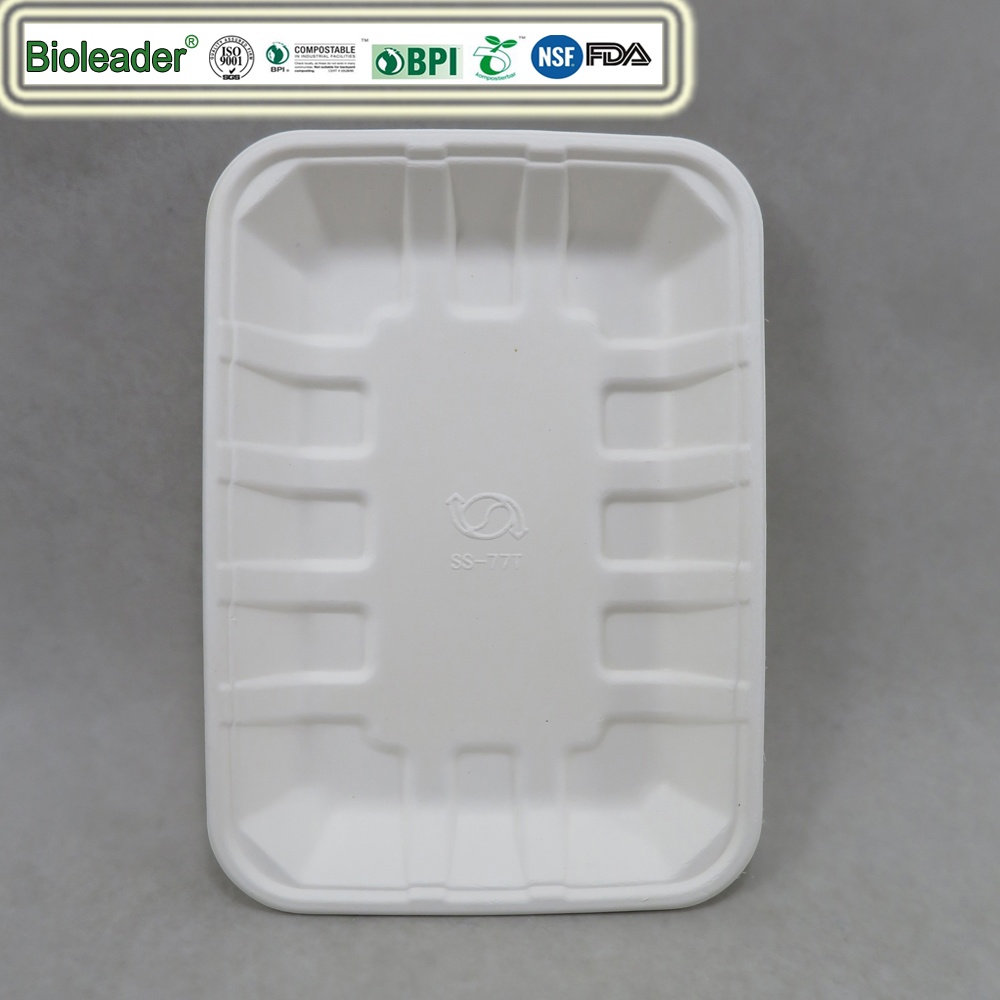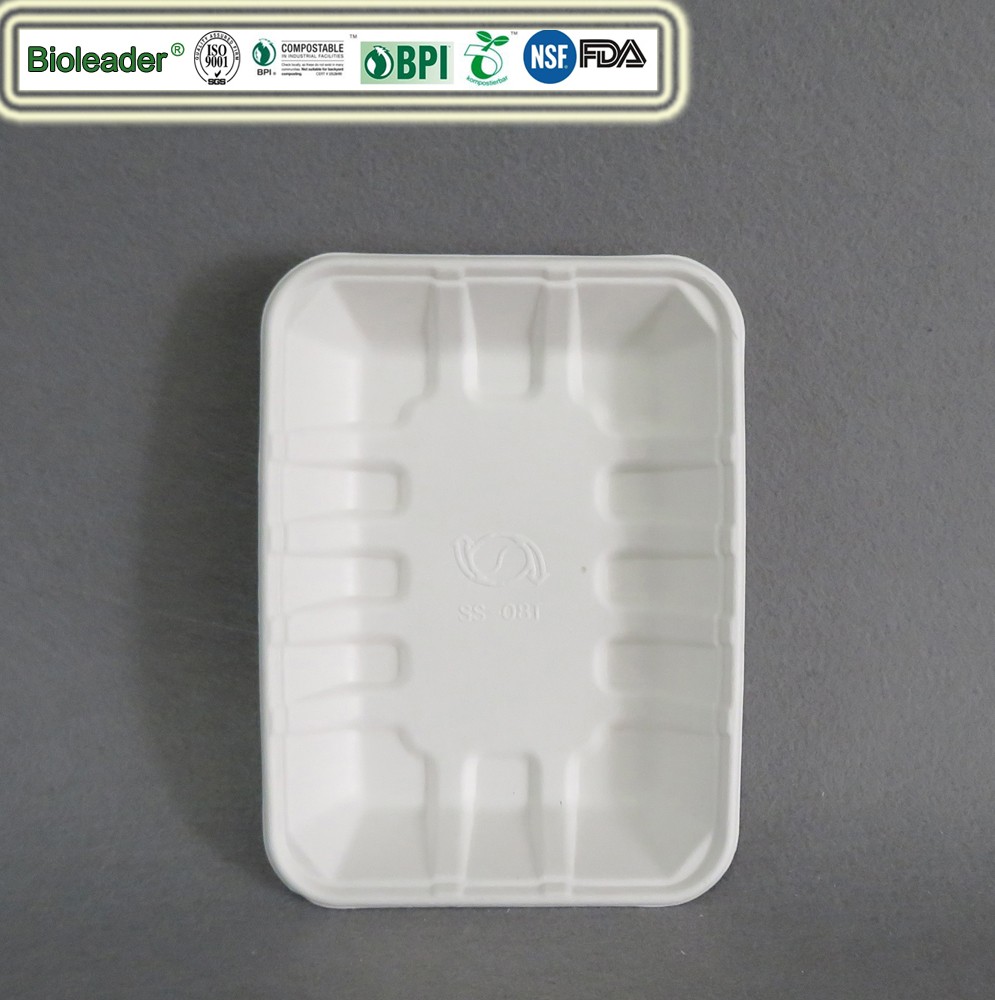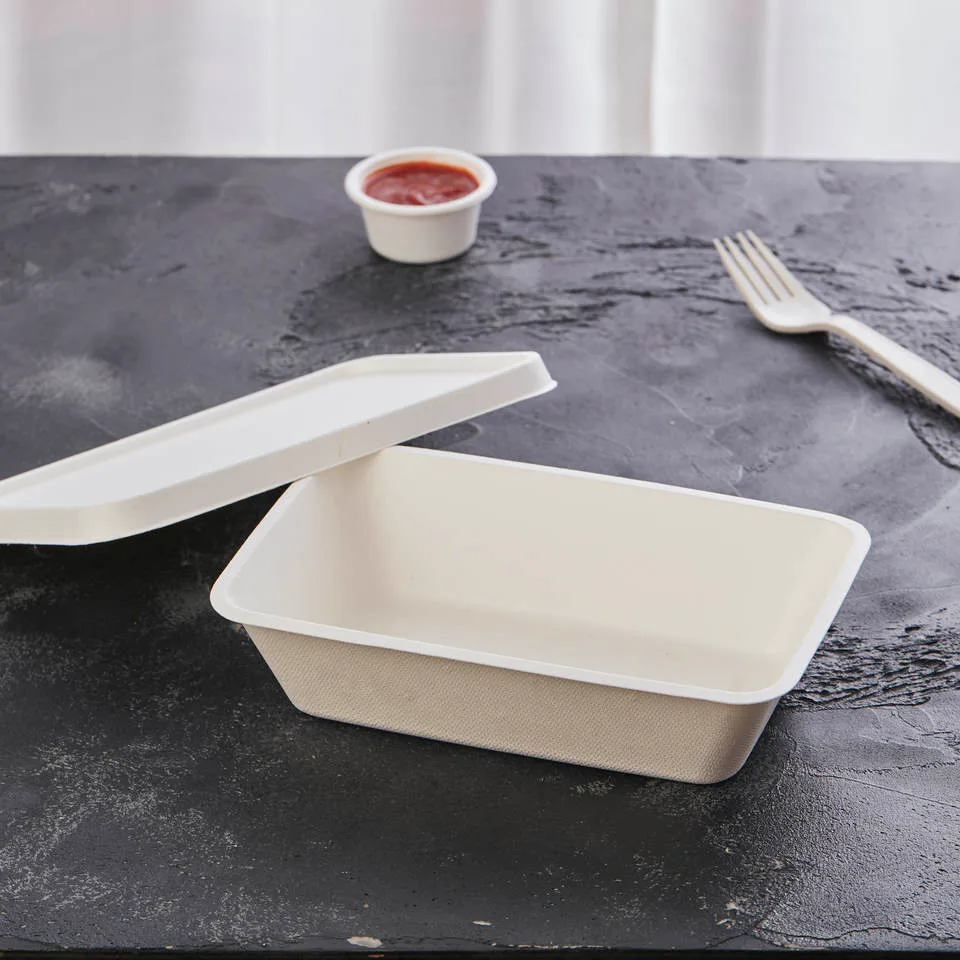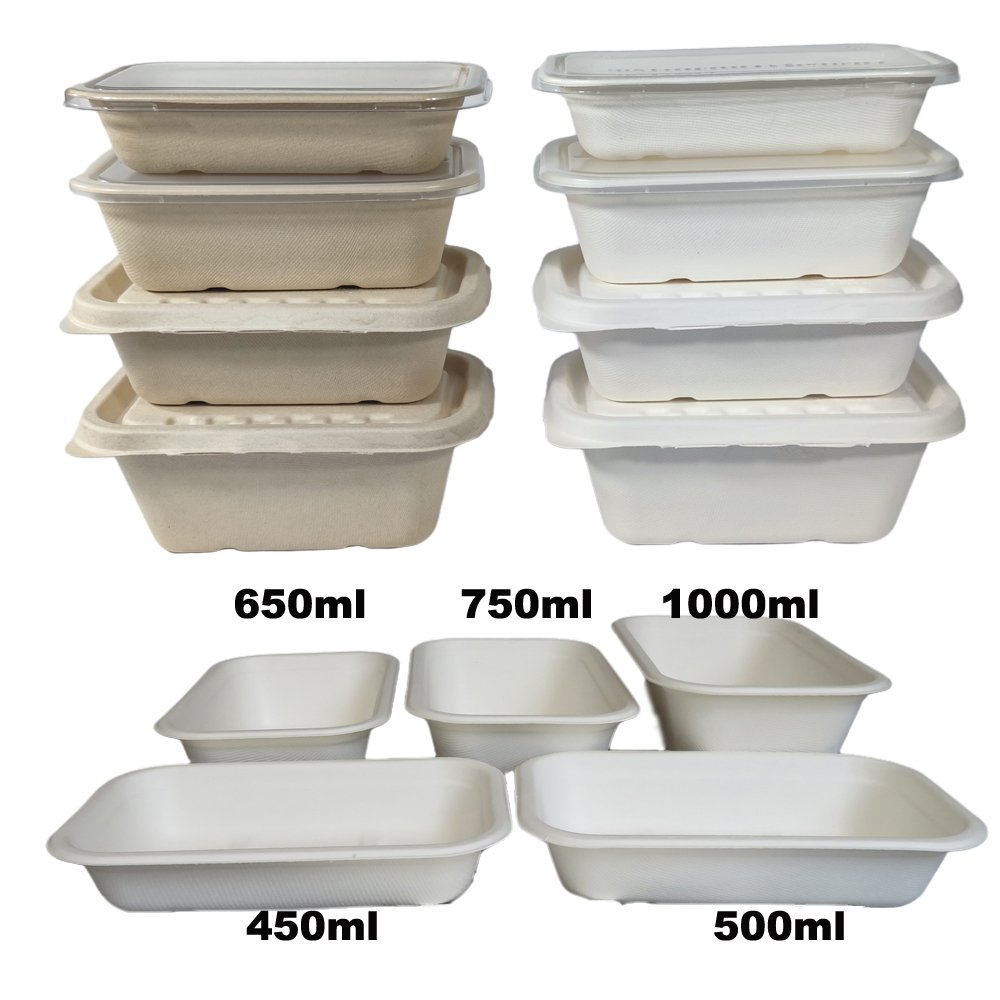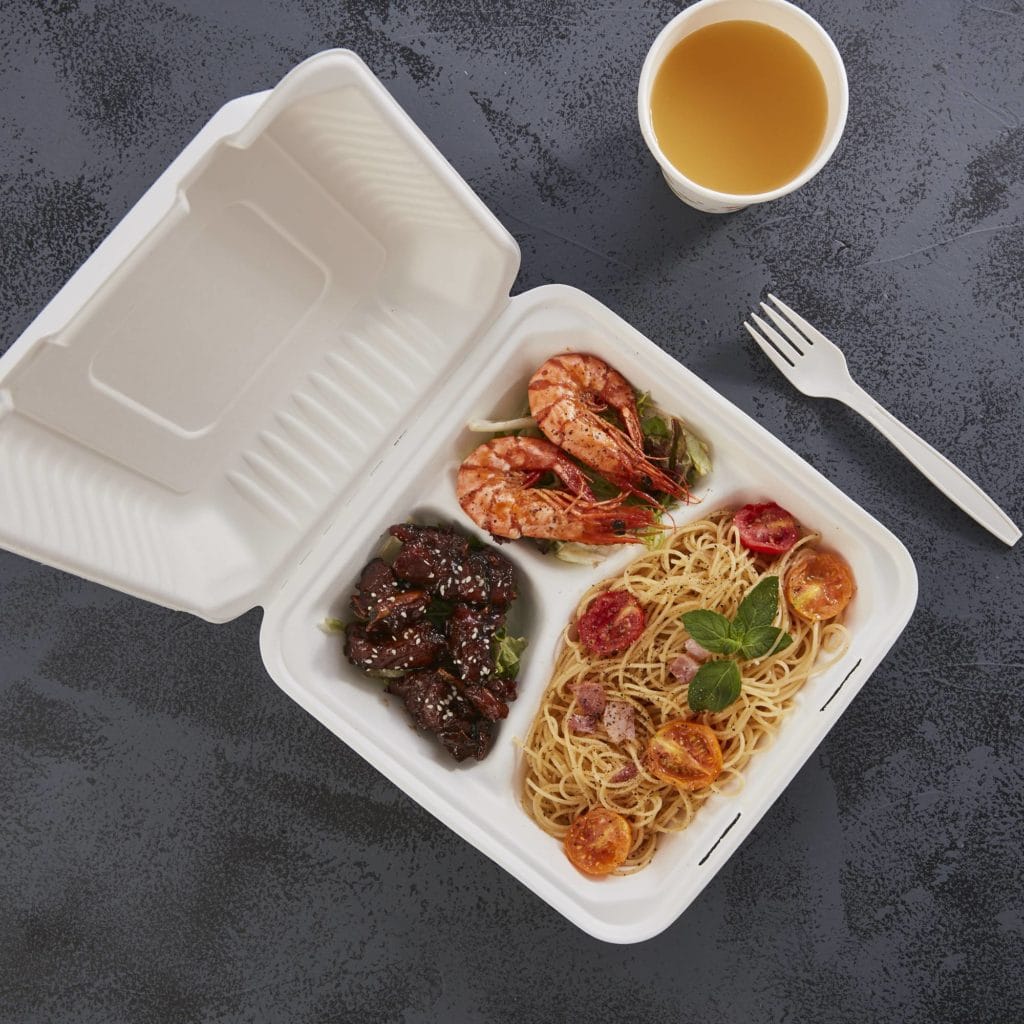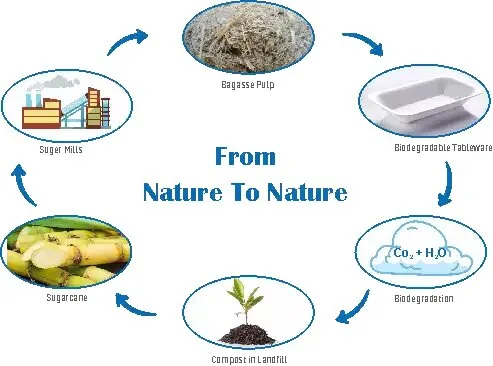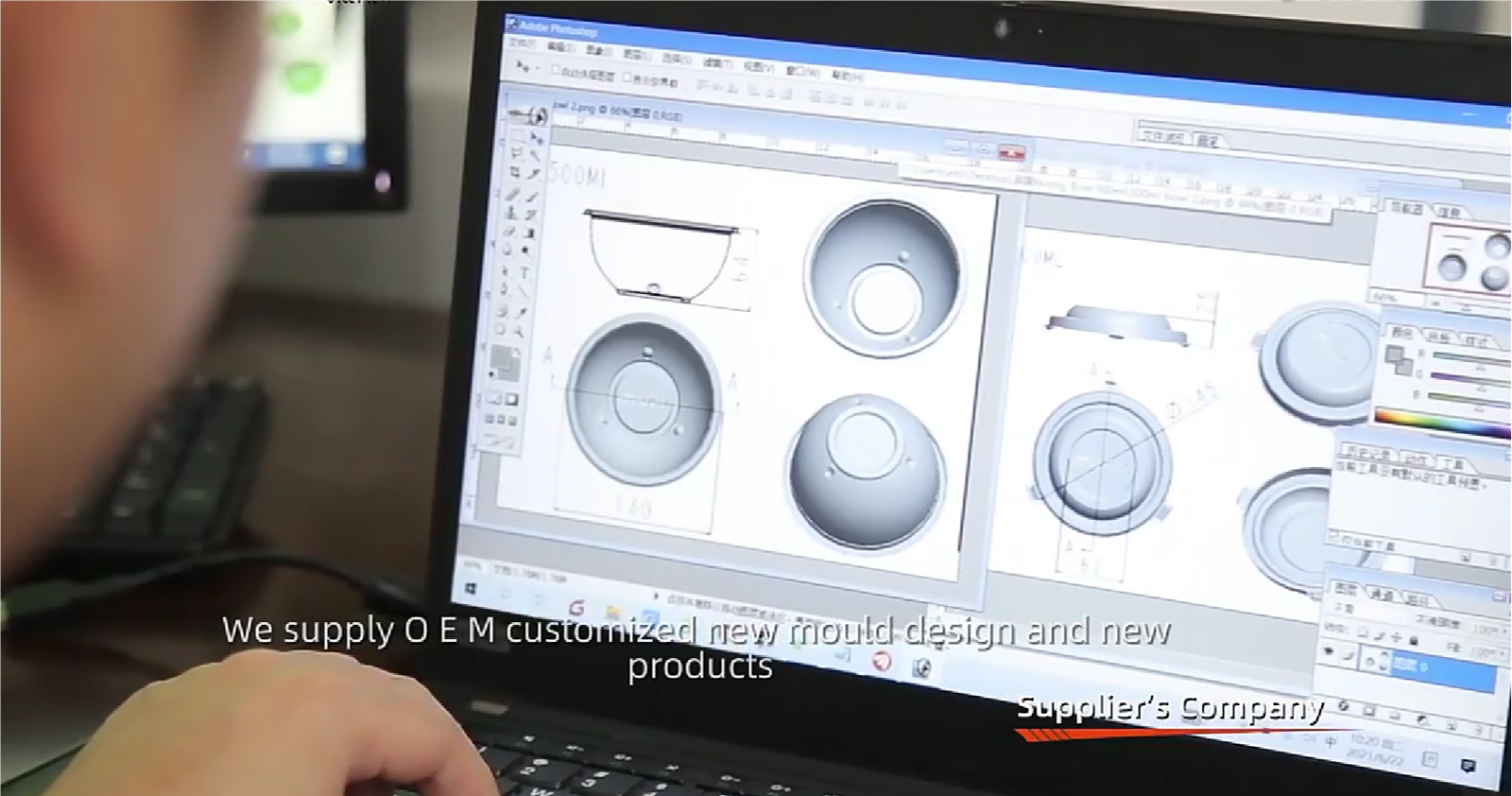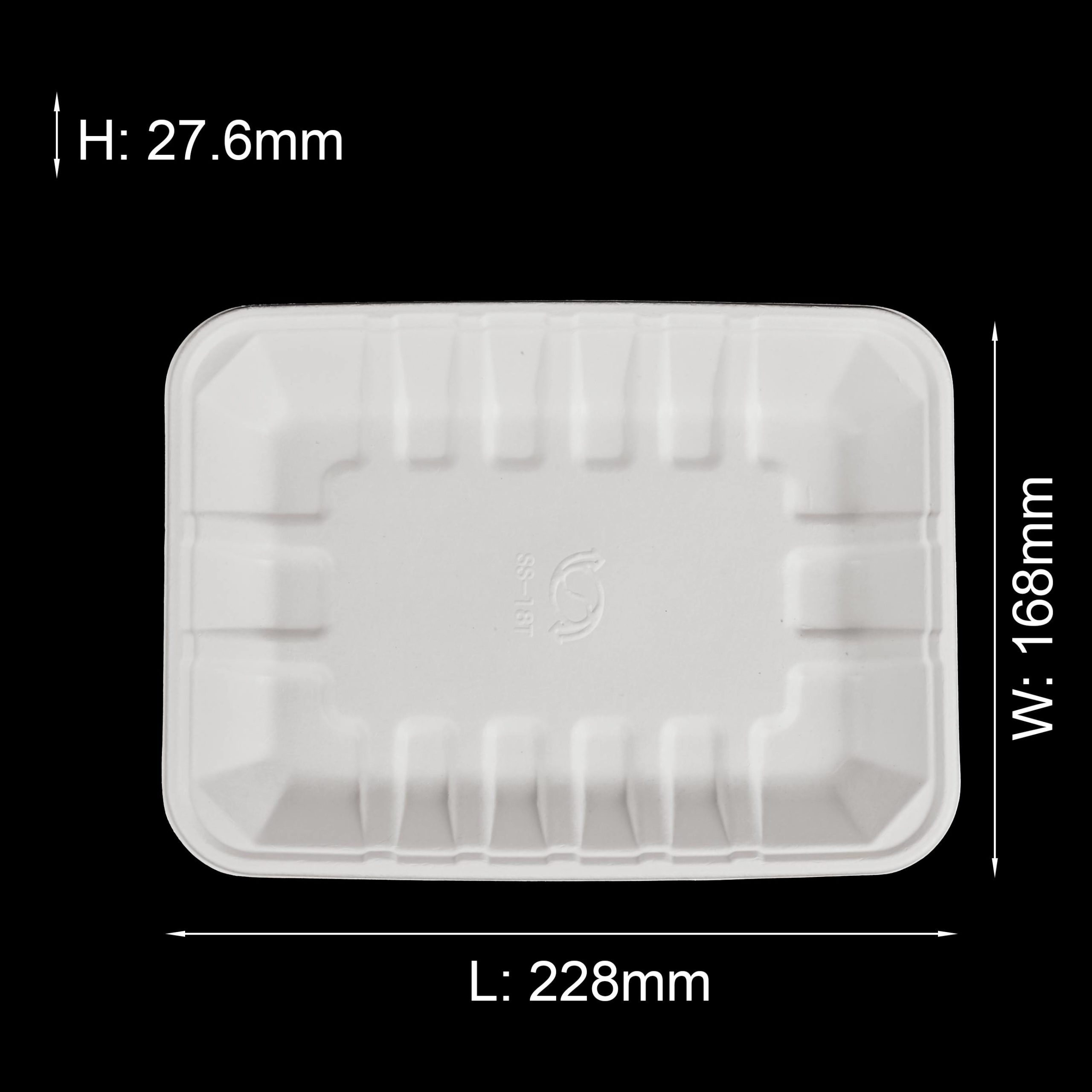
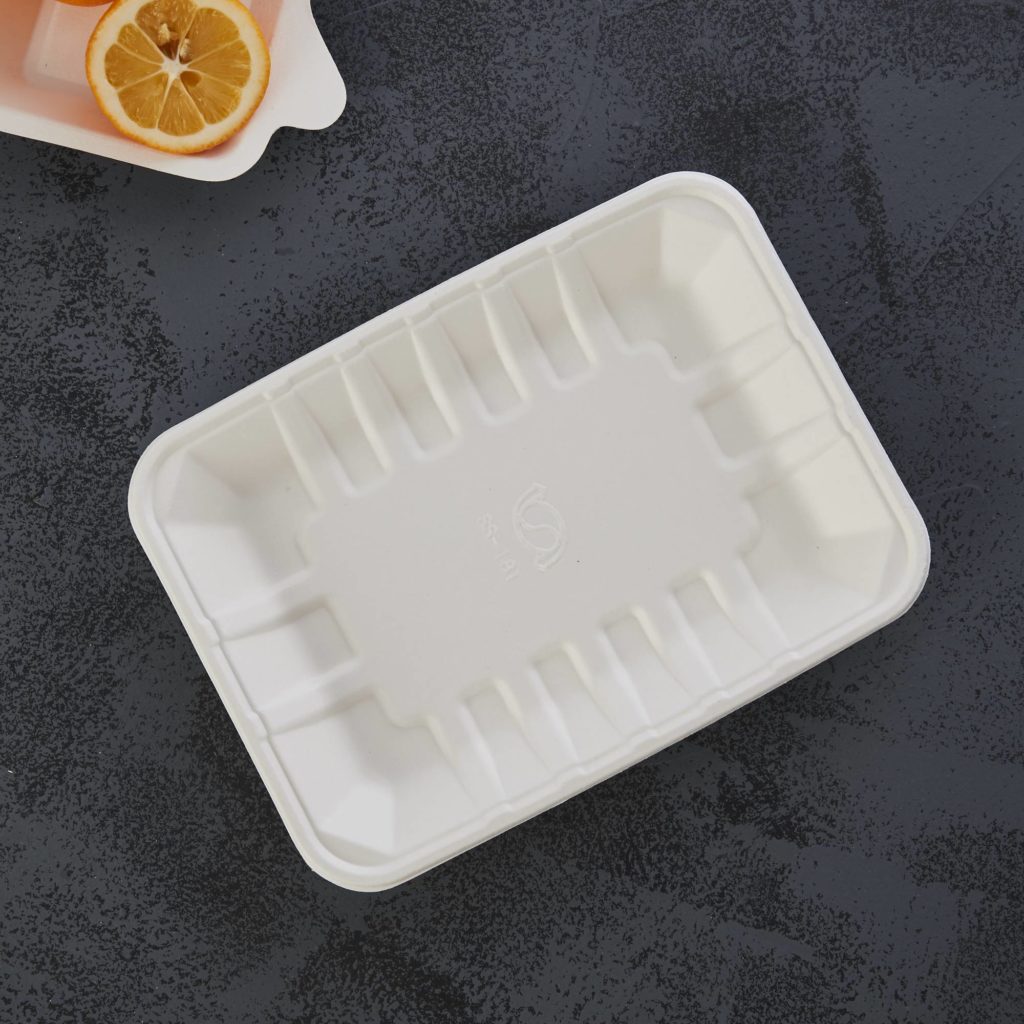
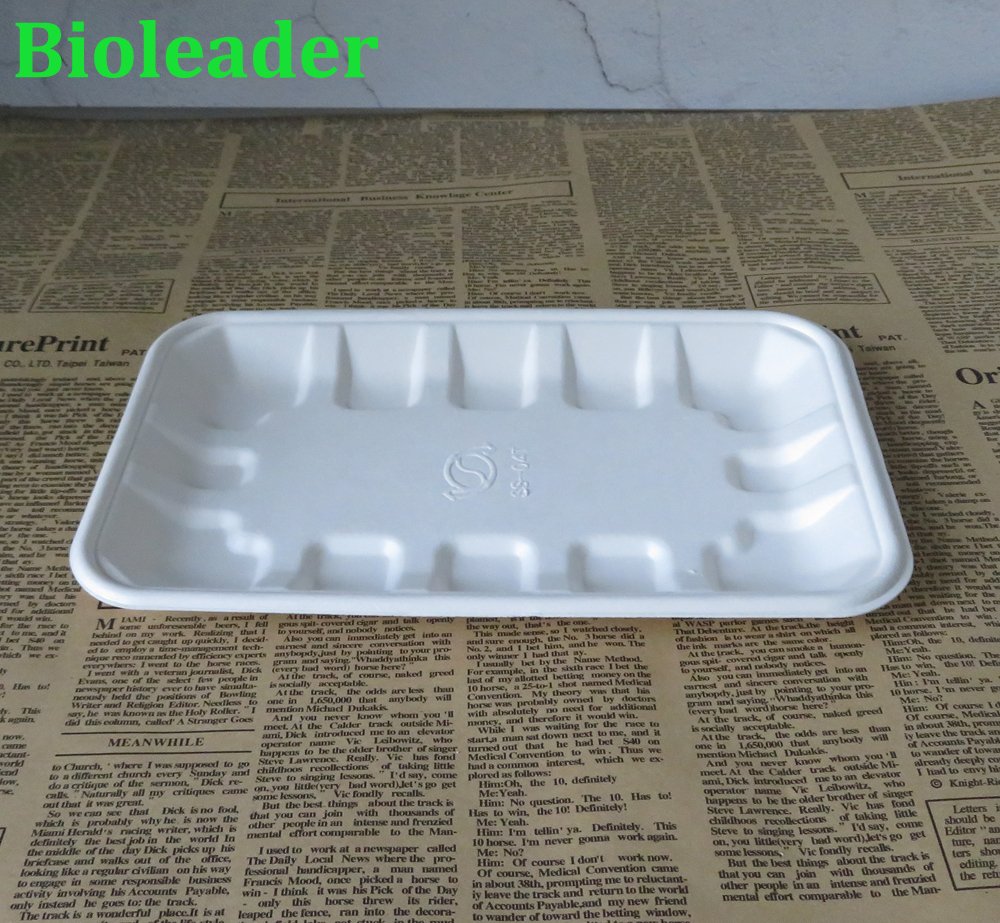
Compostable Tray Molded Paper Pulp Trays: Leading The Way In Ecofriendly Food Packaging
Introduction: Coming Of Age To Protect The Environment And Promote Healthy Living
While traditional plastic food packaging threatens environmental sustainability, an alternative that addresses that is compostable tray made out of paper pulp. Likewise, These trays are manufactured from sugarcane bagasse paper fiber which offers a healthy alternative that meets the search for environment-friendly products.
Scope Of Compostability
Compostable trays are specifically designed for waste disposal and contain no harmful components that would remain as waste in the surroundings. Dispersal of such harmful substances is not the case with these trays. plastic trays do not help in the piling of non-degradable waste in landfills or seas.
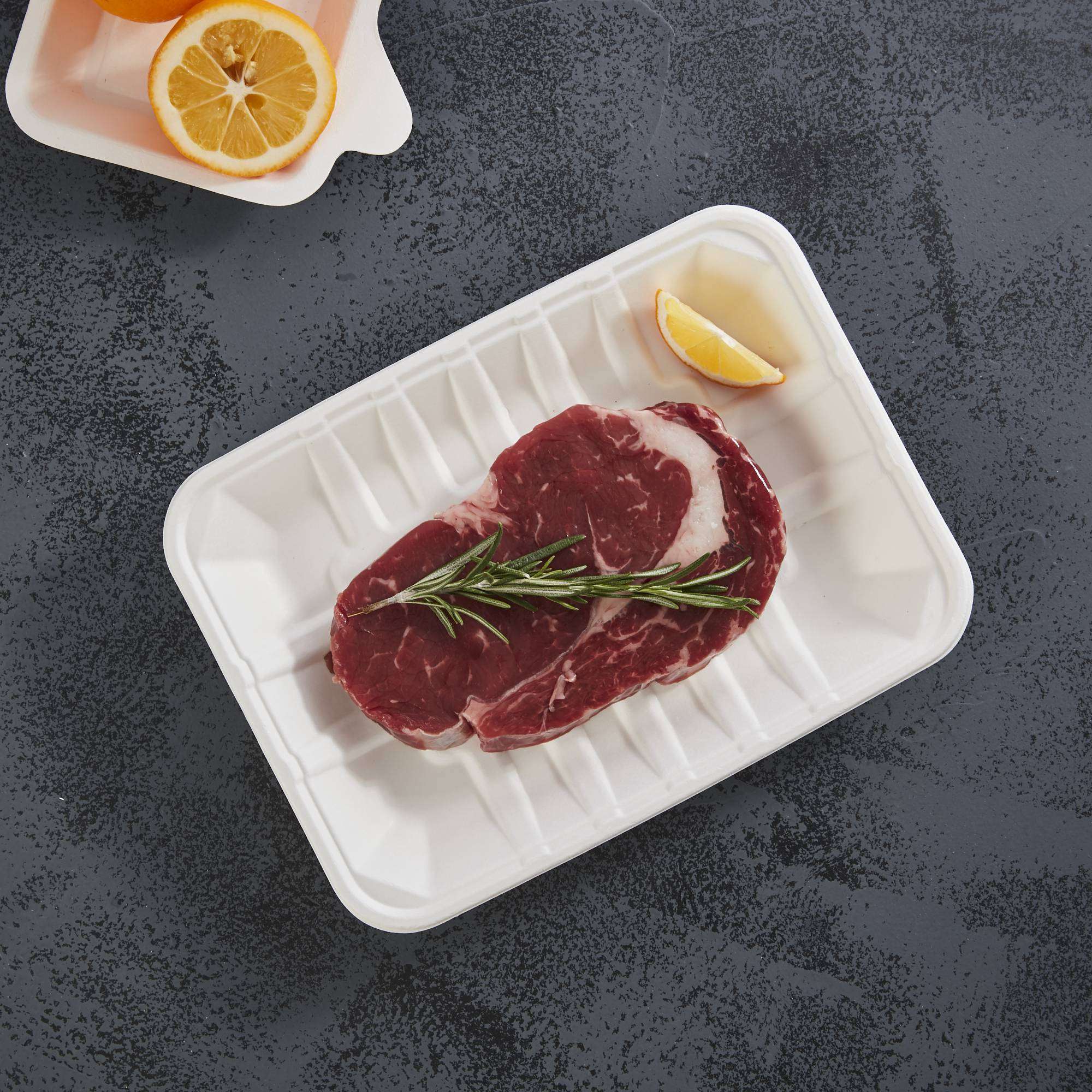
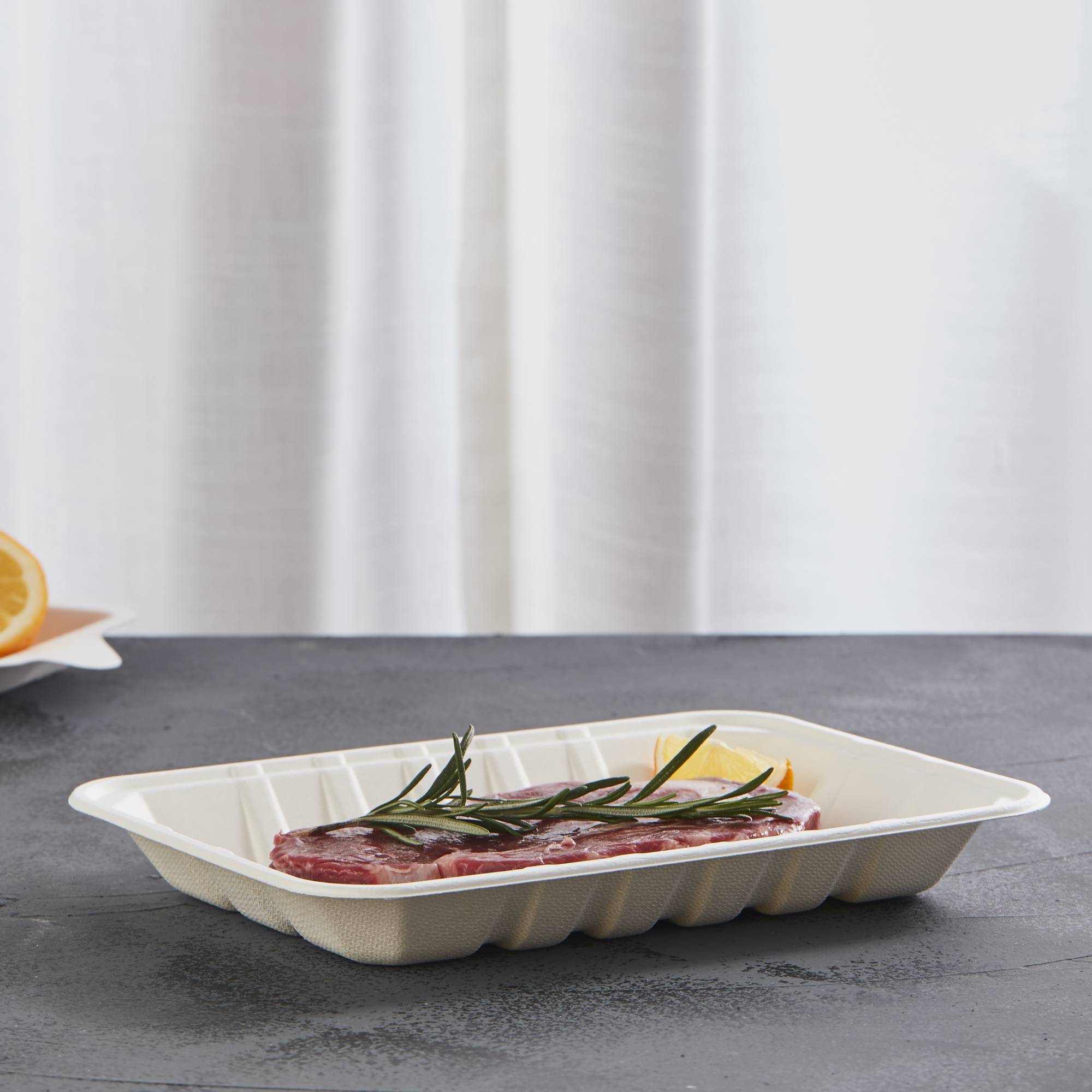
Materials and Production: The Nuclue of Sustainability Endeavours
The inset rings of the trays are made of the central ingredient that is: sugarcane bagasse pulp. Bagasse is the fibrous residue of the sugar industry, which goes through processes to produce a very fine but remarkably strong fiber that makes the paper pulp. This production process is called paper pulp molding involves making this fiber into a pulp to mold a paper tray via heat and pressure.
Benefits Of Tender Paper Trays
- Environmental Friendly: These trays are produced from a resource that is in abundant supply and does not contribute any pollution since they are 100% biodegradable and compostable obviating the need for inordinate food packing wastes.
- Strength & Toughness: Trays although manufactured from organic products have high tensile and tearing strength, and can sustain several food products without losing their body shape.
- Wide Range of Utility: These trays can be application to different food industry segments from fresh fruits to takeaway meals.
- Affordable: Paper pulp trays have advantages since they are made from a sustainable and renewable resource. Hence in the future considering the environmental policies production of paper pulp trays will be less costly than the usage of plastics which are derived from crude oil.
- Personalized: The trays are moldable in different shapes and sizes, as such making it possible to design them to the required product specifications.
Uses of Compostable Tray Molded Paper Pulp Trays
- Packaging of Fresh Fruit and Vegetables: This is also perfect for the environmentally sustainable packaging of fresh fruits and vegetables.
- Containers for Food On the Go: This will also come in handy to restaurants and other cafes that are looking for packaging solutions for their take-away food options.
- Matter relevant to consciousness: Also ideal for wrapping bread, cakes, muffins, and other bakery products and keeping them fresh.
- Meal Kits and Prepared Foods: Packaging done on pre-cooked or prepared meals for consumption later.
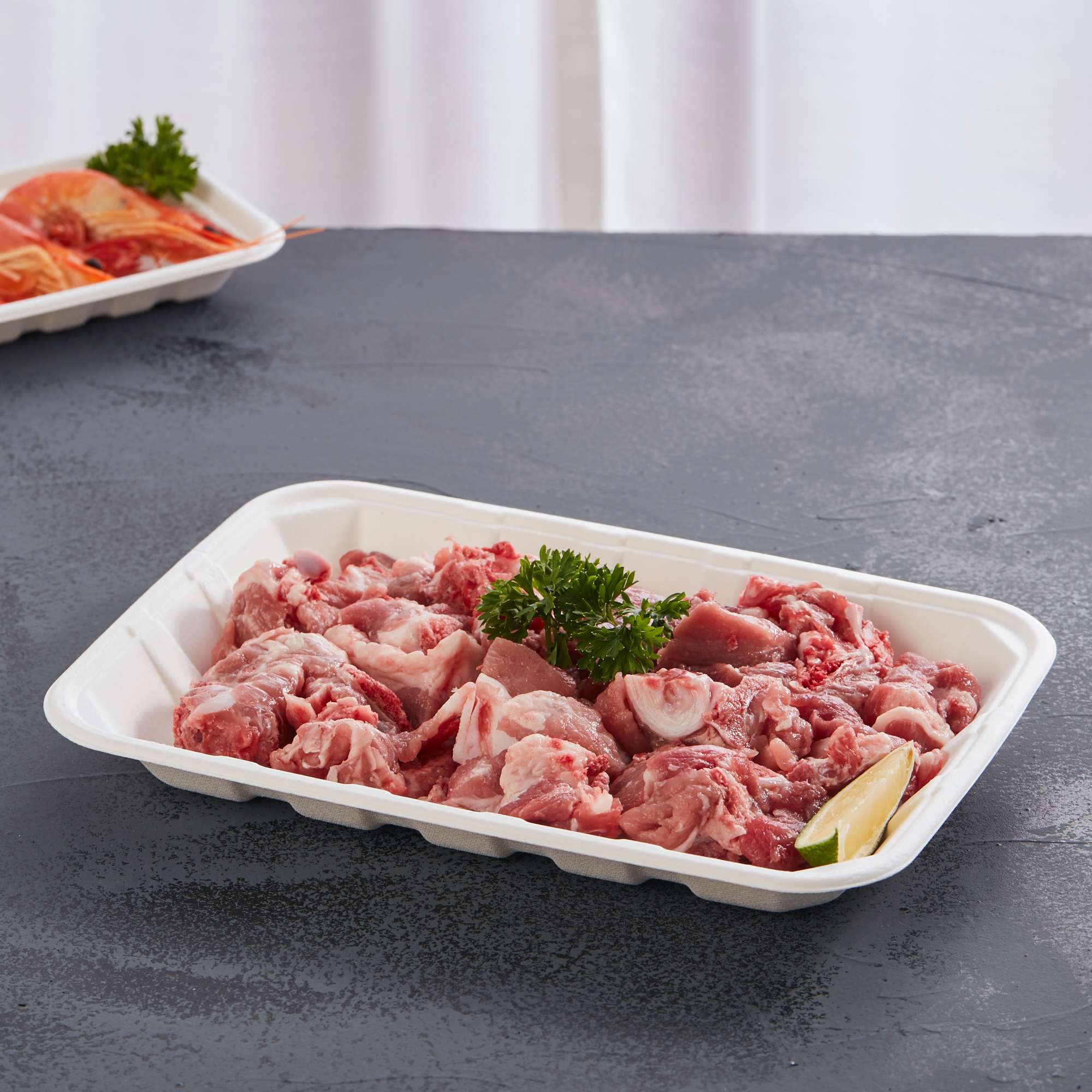
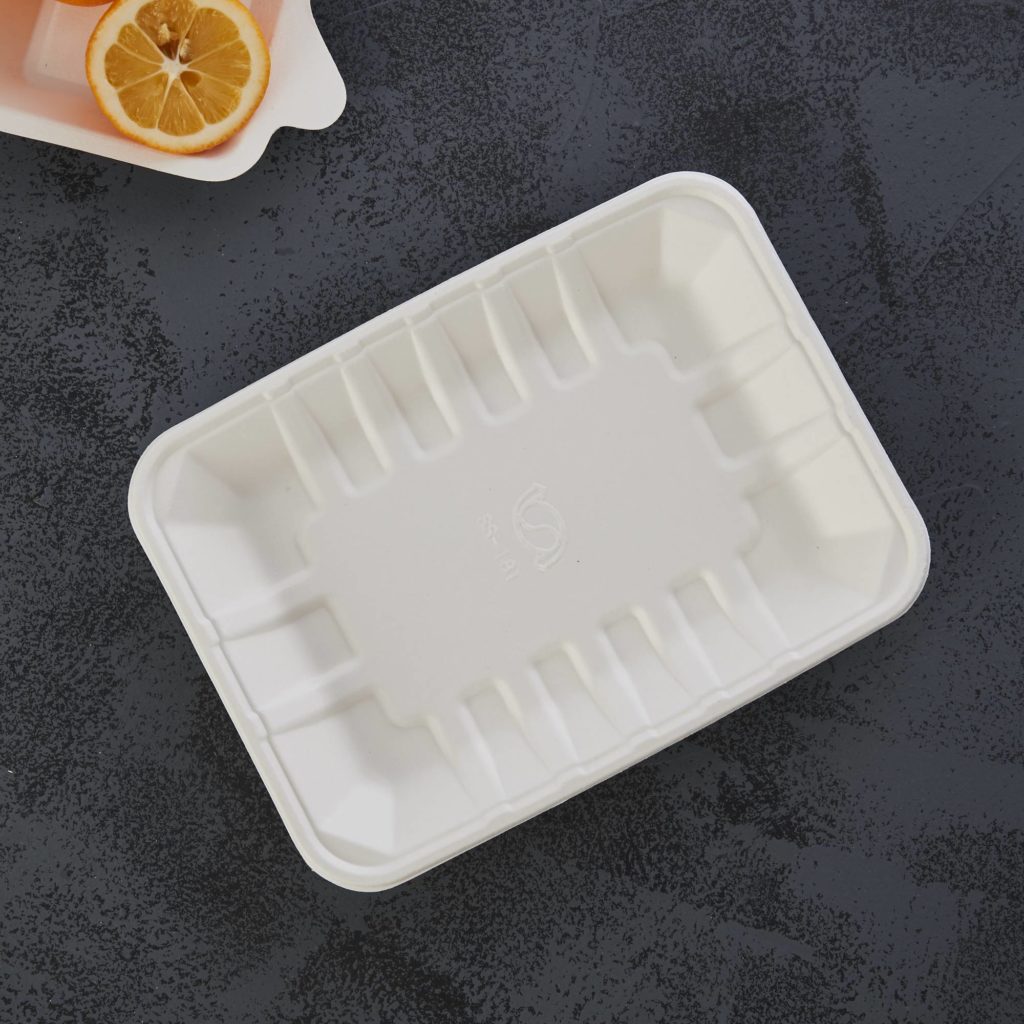
All About The Future of Food Packaging
The introduction of compostable paper pulp trays has been a very welcome progression in the efforts to care for the environment. The demand for such packaging options will increase as the level of awareness of consumers regarding the effect of their choices on the environment increases. The paper pulp tray packaging business has a future, and it will be supplied with packaging solutions with more benefits to customers and businesses alike.
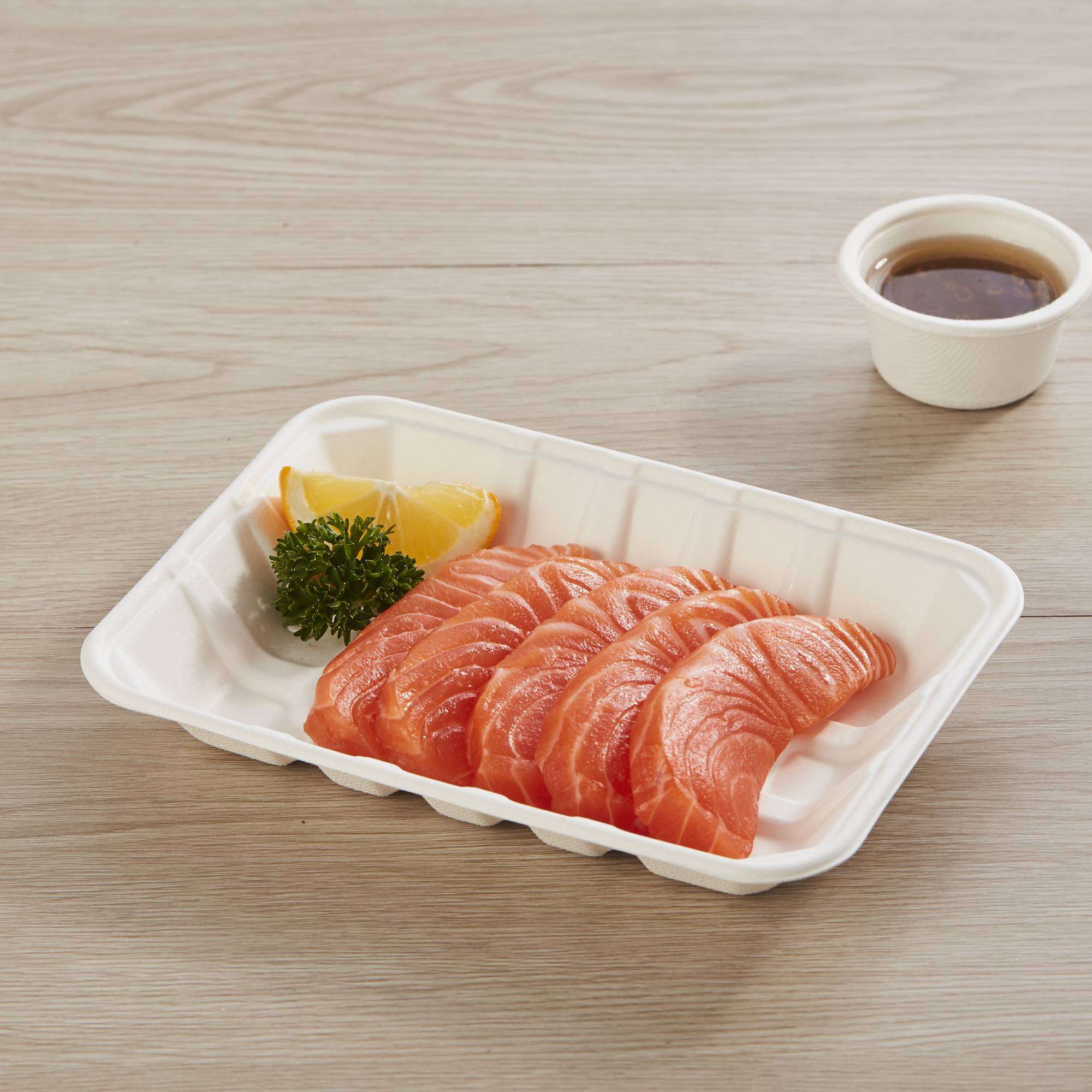
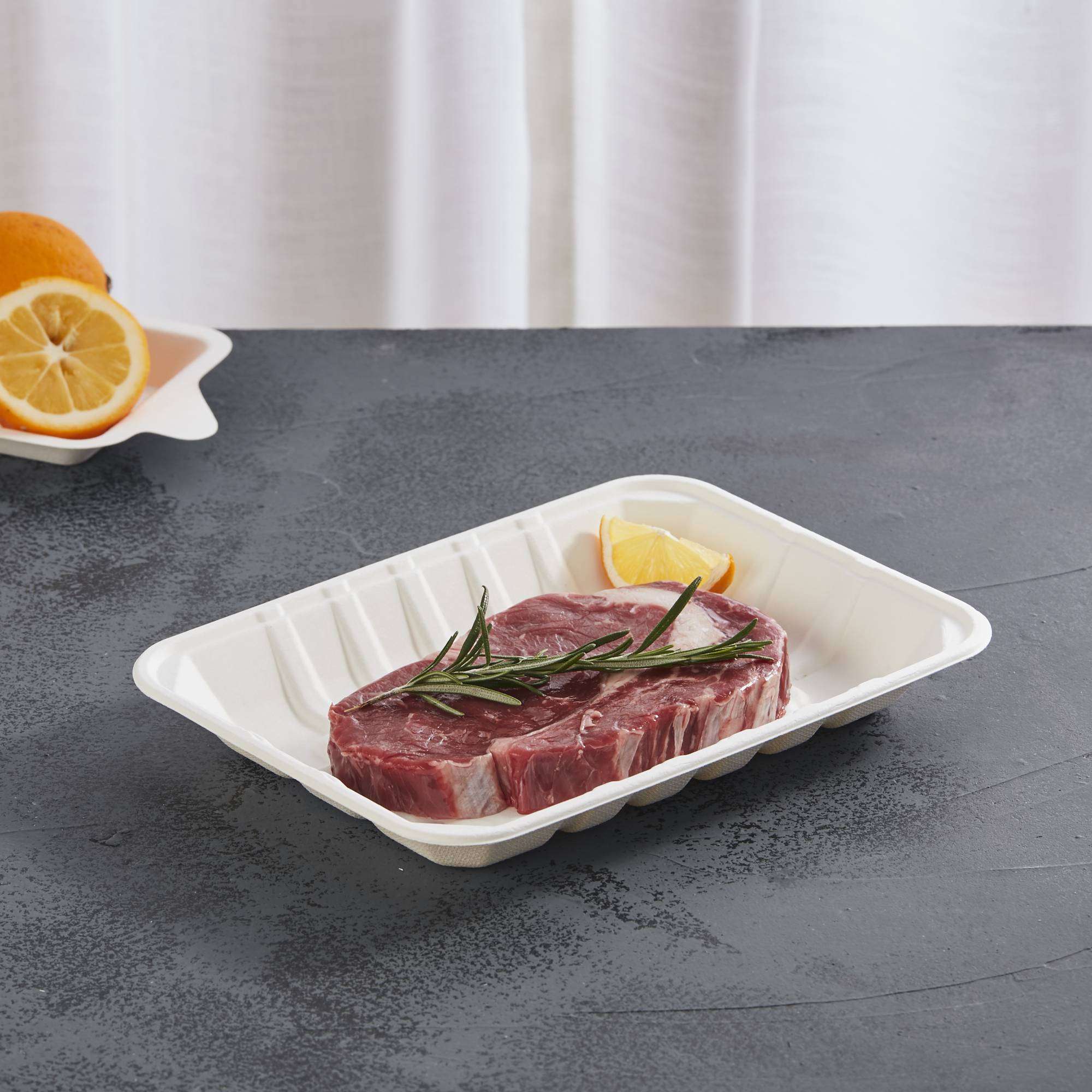
Features and Benefits
-
- Entirely Biodegradable: These trays can be placed in compostable conditions and will degrade into organic substances within 60 days which contributes to a decrease in solid waste in landfills and improvement of soil.
- Bio-Based Raw Materials in the Tray And Lid Made from Sugarcane Bagasse: These trays also help to mitigate the uses of materials that deplete the environment as they leverage waste generated by sugar cane processing.
- Featherweight yet Strong: Though they are light in weight, compostable pulp trays have strong, leak-proof, grease-proof and moisture-resistance properties so that the trays can be used even with liquid or oily foods.
- Innovative Application: These trays are designed for different types of food packaging, stacking and presenting in-store, serving takeaway foods, as well as catering. They are well suited for both hot and cold foods.
- Safe and Non-Toxic: The production of these trays does not involve the use of dangerous chemicals and toxins, rendering them safe for food use.
Production Process: Paper Pulp Molding
Production of compostable tray molded paper pulp trays follows some major steps:
- Material Preparation: Sugarcane bagasse paper fiber is obtained and further created into fine pulp to enable easy molding.
- Molding Process: Pulp into predetermined tray shapes is achieved through the use of special molded equipment and machines. The molded trays are also subjected to drying to achieve the targeted durability and strength characteristics.
- Finishing: After drying, the trays are subjected to any finishing requirements such as trimming or other finishing processes intended to improve the quality of the trays.
Applications of Compostable Tray Molded Paper Pulp Trays
- Food Retail: Most suited to keep unassorted ingredients and packaged items in supermarkets and grocery stores.
- Food Service: Specially used for serving food in places such as hotels, cafes, and even in events where interface catering is offered. It provides a cost-effective approach as opposed to plastic or styrofoam containers used in such settings.
- Takeout and Delivery: These trays are appropriate for packing take-outs and ready-cook meals from food delivery companies as they keep the food in good condition and are also eco-friendly.
- Events and Functions: These can also be used in special occasions or functions such as parties where food will be served and the need for one-off food packages is required.
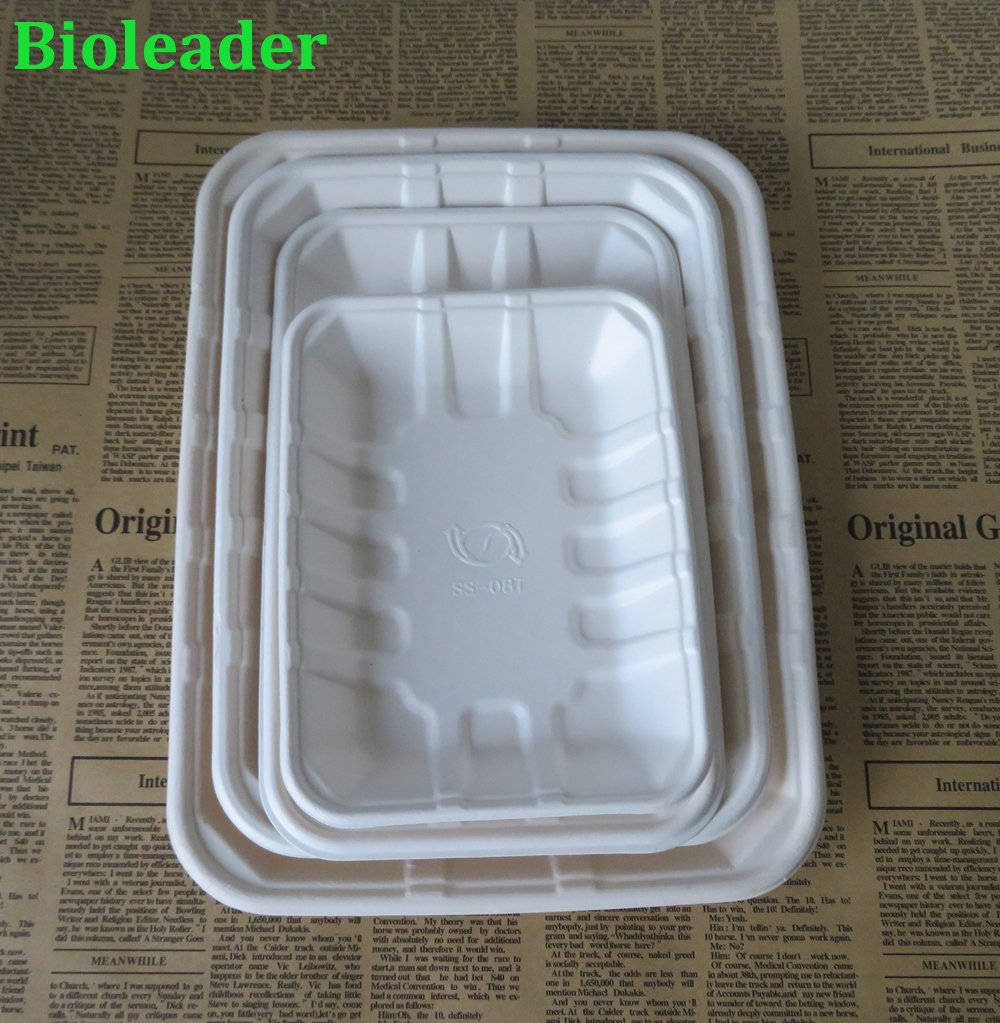
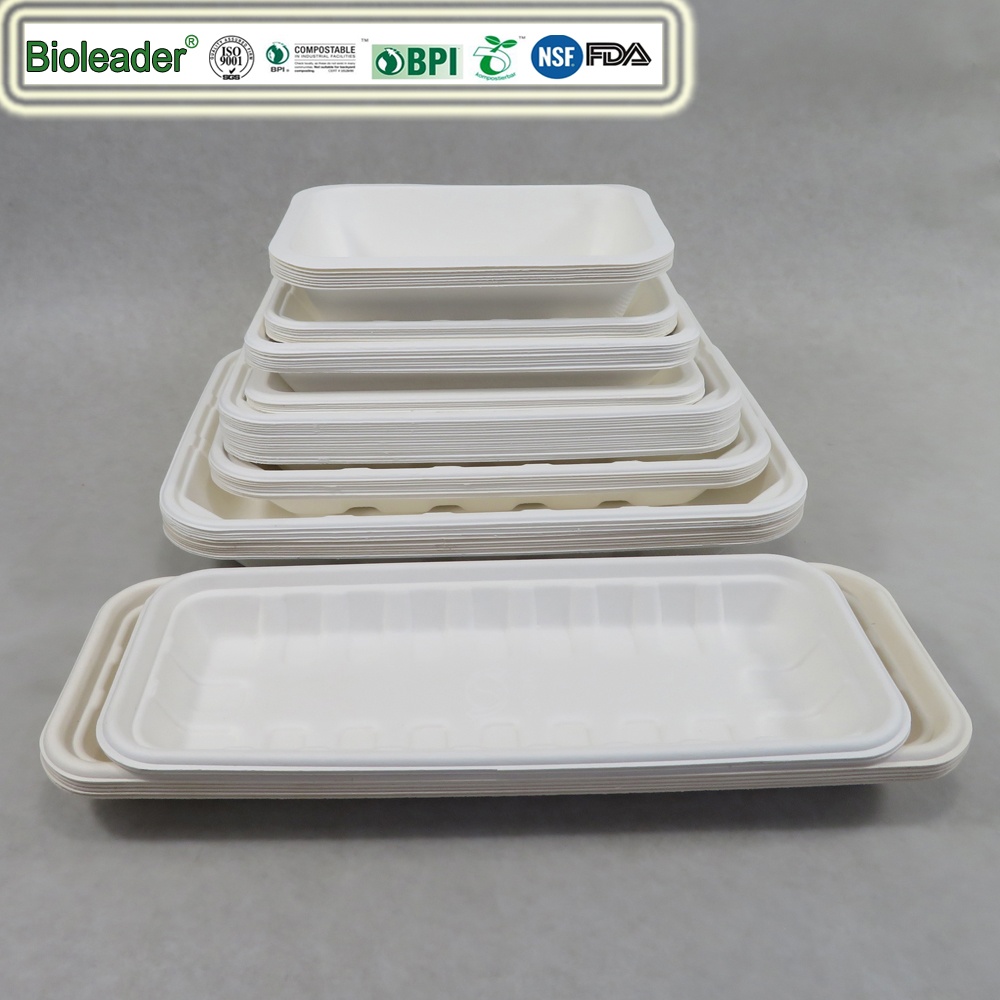
Global warming effects on the climate and ecosystem have largely caught the attention of policymakers, consumers, and retailers. Recent data demonstrate that regardless of the additional costs incurred, non‐conventional food service packaging is desirable by both consumers and retailers. High‐quality extended‐life inner cartons made of fibrous laminate composite materials give cost-saving benefits to manufacturers and food service operators.

